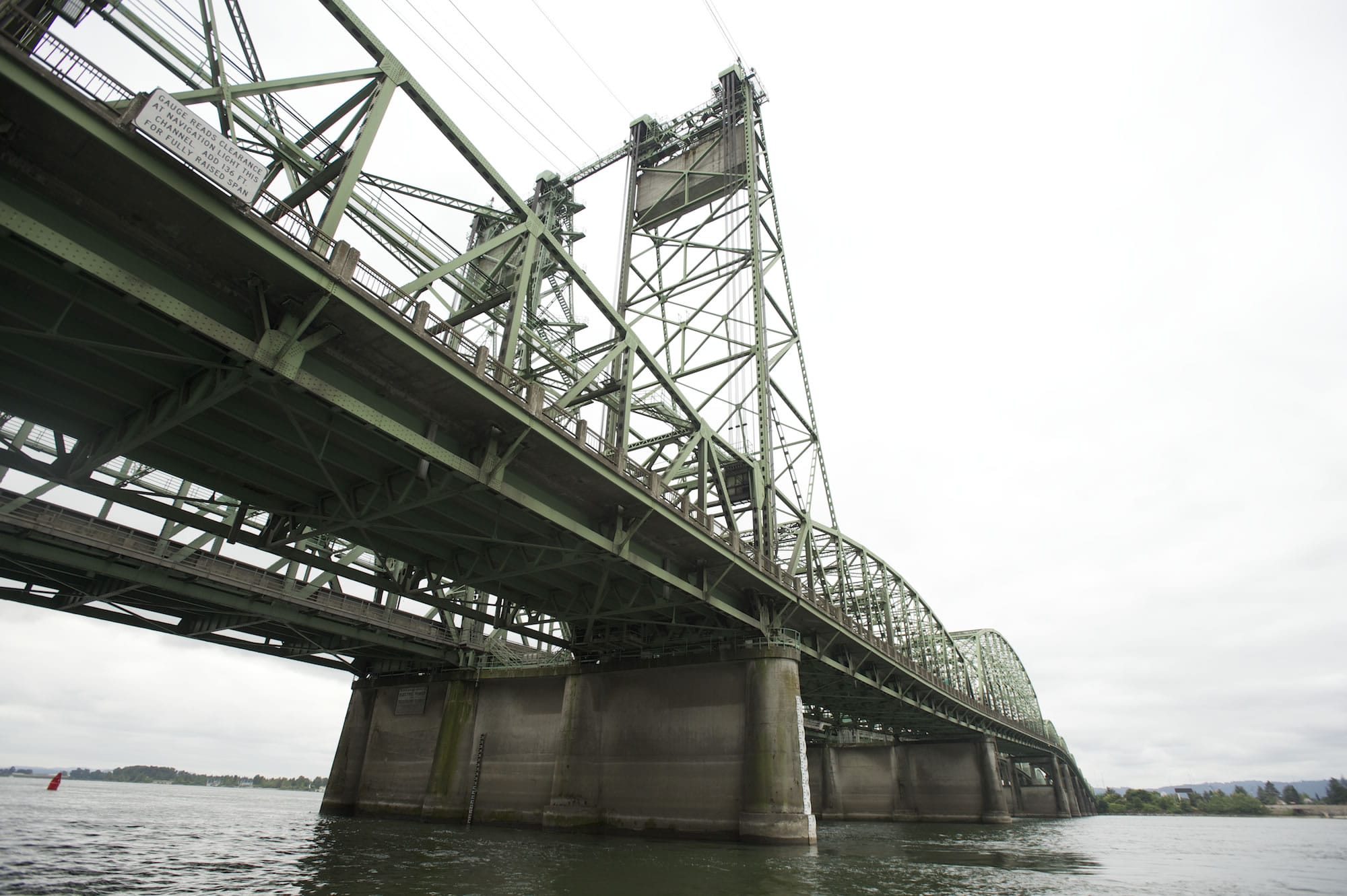Although the Portland Region Value Pricing Policy Advisory Committee’s first meeting isn’t until Nov. 20, the Vancouver City Council received a primer Monday evening on tolling and the possibilities for the Interstate 5 Bridge.
“We hope to be as transparent as possible moving forward,” said Mandy Putney, major projects manager for the Oregon Department of Transportation. “This is definitely a small slice of a much larger conversation.”
Councilor Anne McEnerny-Ogle was appointed to the advisory committee in October. McEnerny-Ogle will represent Vancouver as tolling discussions move forward. Washington Department of Transportation Southwest Regional Administrator Kris Strickler and Clark County Councilor Eileen Quiring are also on the 24-person committee to represent Washington residents.
Types of tolling
There are four basic tolling constructs: High-occupancy toll lanes, open-road tolling, cordon pricing and mileage-based pricing.
High-occupancy lanes require users to pay a fee to use a specific lane. Open-road tolling requires all users to pay a fee, but that fee varies based on the time of day and the number of axles. Cordon pricing is less common as it requires drivers to pay a fee to enter a specific area, a model used in downtown London. Mileage-based tolling is a pay-per-mile structure. ODOT has an ongoing pilot project utilizing this construct for its gas tax. The Washington State Transportation Commission is launching a similar pilot project in 2018. Putney said all types of tolling other than cordon pricing are on the table.
“Value pricing, as I’m talking about it, as the legislature is talking about it, really is a congestion management tool,” Putney said. “That’s the primary focus.”
Mayor Tim Leavitt offered his continued support for tolling but conceded the Clark County community is concerned.
“There is a perceived disproportionate impact on the Clark County residents who happen to work in Portland,” Leavitt said.
Councilor Bill Turlay echoed those concerns.
“The thing I’m really concerned about though is people who are not (earning) a little (more than) above minimum wage, who travel across that road and you’re going to hit them with a toll plus the income tax they’re paying over there,” Turlay said. “I hope we keep in mind a category for those people.”
Putney said equity will be a consideration moving forward with any proposal.
“Anything we can do to address congestion bite by bite we’re just going to have to look at,” said Councilor Jack Burkman. “This is an important conversation, I appreciate Oregon starting it.”




